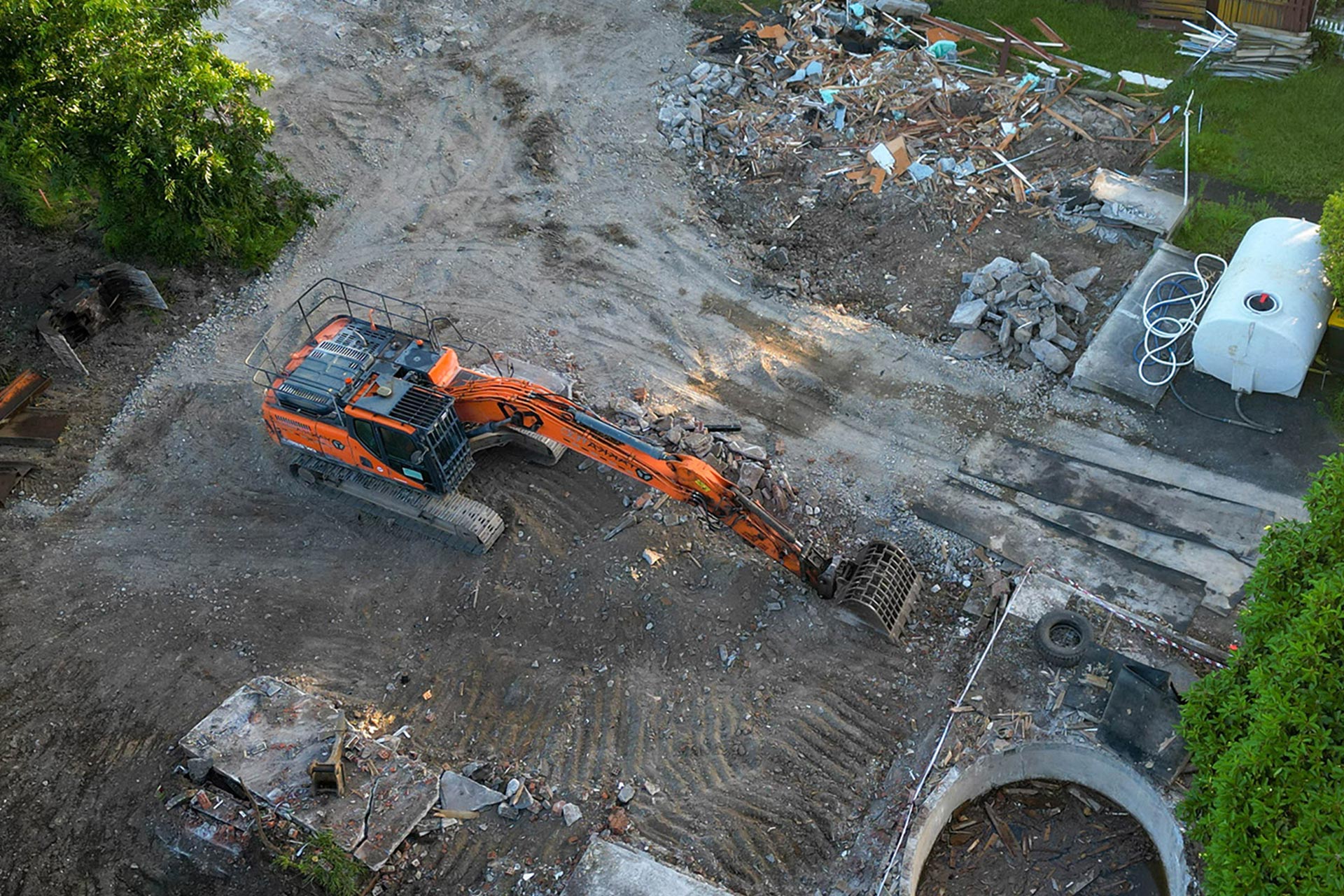When a construction company goes into liquidation, it often leaves a number of unpaid subcontractors, suppliers, and clients — the unsecured creditors. For these individuals and small businesses, the chances of seeing their money again are slim. A recent High Court case involving a Waikato builder illustrates how complex and drawn-out this process can be. The builder’s company went into liquidation after taking large deposits from clients, with the court later finding that he had misused the funds. Despite the judgment ordering repayment, those listed as unsecured creditors received little through liquidation, and years later, no money had yet been returned.
Legal Options for Unsecured Creditors
In most liquidations, unsecured creditors stand at the end of the repayment queue — behind secured creditors like banks and the Inland Revenue. However, there are limited but important legal avenues available to improve recovery prospects:
- Filing a claim early: As soon as liquidation begins, creditors should submit a formal proof of debt to the liquidator. This step is essential to be considered for any future distribution if funds are later recovered.
- Challenging director conduct: If a company director has traded while insolvent or misused company funds, creditors may seek legal advice about pursuing a personal claim for breach of director duties, as seen in this recent court case.
- Supporting liquidator actions: Creditors can encourage or fund the liquidator to investigate asset transfers, including those to family trusts or related entities, to determine whether recovery is possible.
While these steps can be costly, collective action through a liquidator or creditor group can reduce the financial burden.
For Business Owners: Avoiding the Worst-Case Scenario
For company directors, particularly in the construction industry, the risk of personal exposure increases when insolvency looms. The Companies Act requires directors to avoid trading while insolvent and to act in good faith toward creditors. Practical steps include:
- Maintaining accurate financial records and cashflow forecasts.
- Seeking early legal and accounting advice when debts start to accumulate.
- Avoiding personal use of company funds or asset transfers that could later be challenged.
- Communicating openly with clients and subcontractors — silence can escalate matters into formal disputes.
Insolvency doesn’t always mean wrongdoing, but the failure to act prudently can quickly lead to personal liability or reputational damage.
Spotting Red Flags Before It’s Too Late
For homeowners and subcontractors dealing with construction firms, identifying when a contractor may be at financial risk can make all the difference. Warning signs include:
- Requests for large upfront deposits without a clear payment schedule.
- Delays in communication or excuses about cashflow.
- Subcontractors reporting late or partial payments.
- A lack of transparency around insurance, building consents, or company details.
Before signing a construction contract or paying a deposit, consider checking the Companies Register for past liquidations, outstanding debts, or director disqualifications.
Protecting Your Position
Liquidation can leave unsecured creditors feeling powerless — but timely legal advice can help you understand your rights and options for recovery.
If you’re an unsecured creditor or a business owner facing financial strain, contact our Construction Law team for practical, strategic advice to protect your interests before matters escalate.
Related Articles:
Related Services:
If you are involved with a building project and need legal assistance, we can help you objectively review your circumstances, and what next steps are most appropriate for your situation.
Read More
We provide advice and guidance on all aspects of business. See how we can help.







